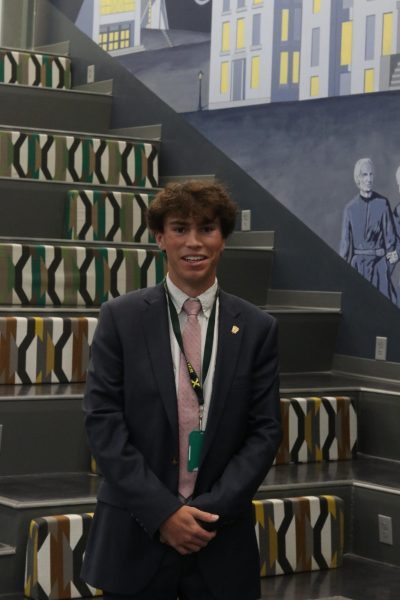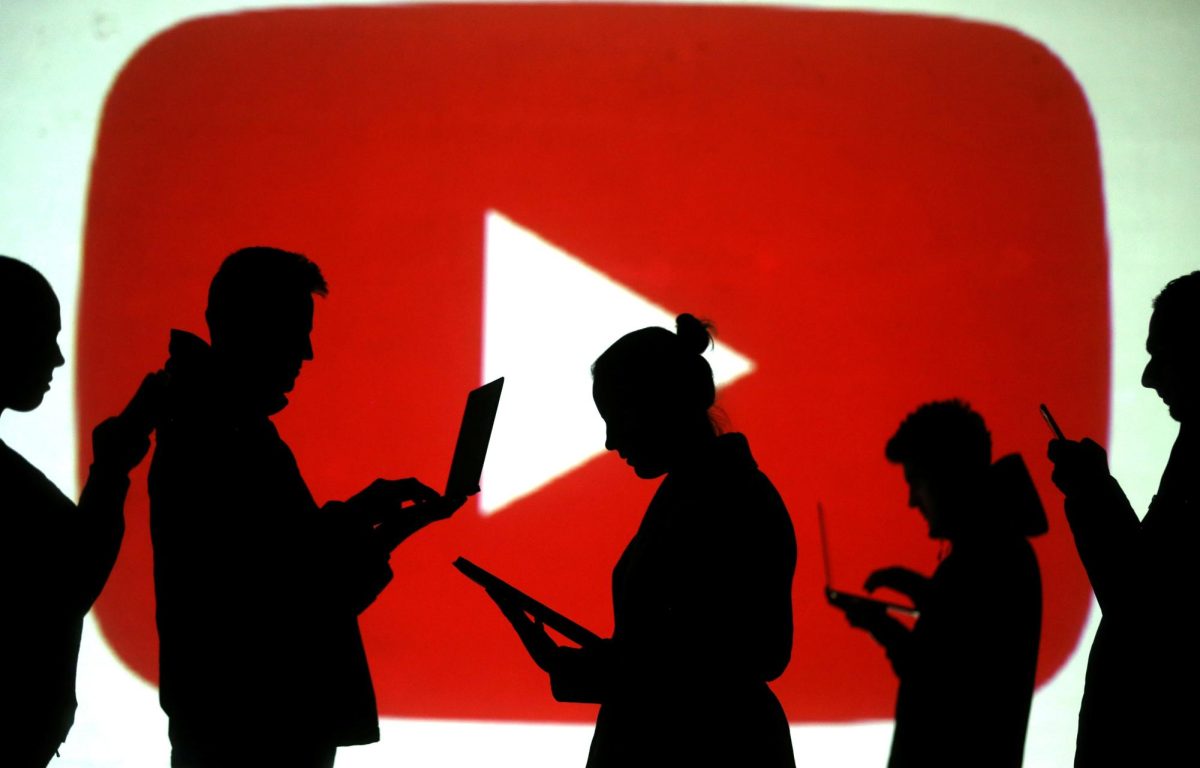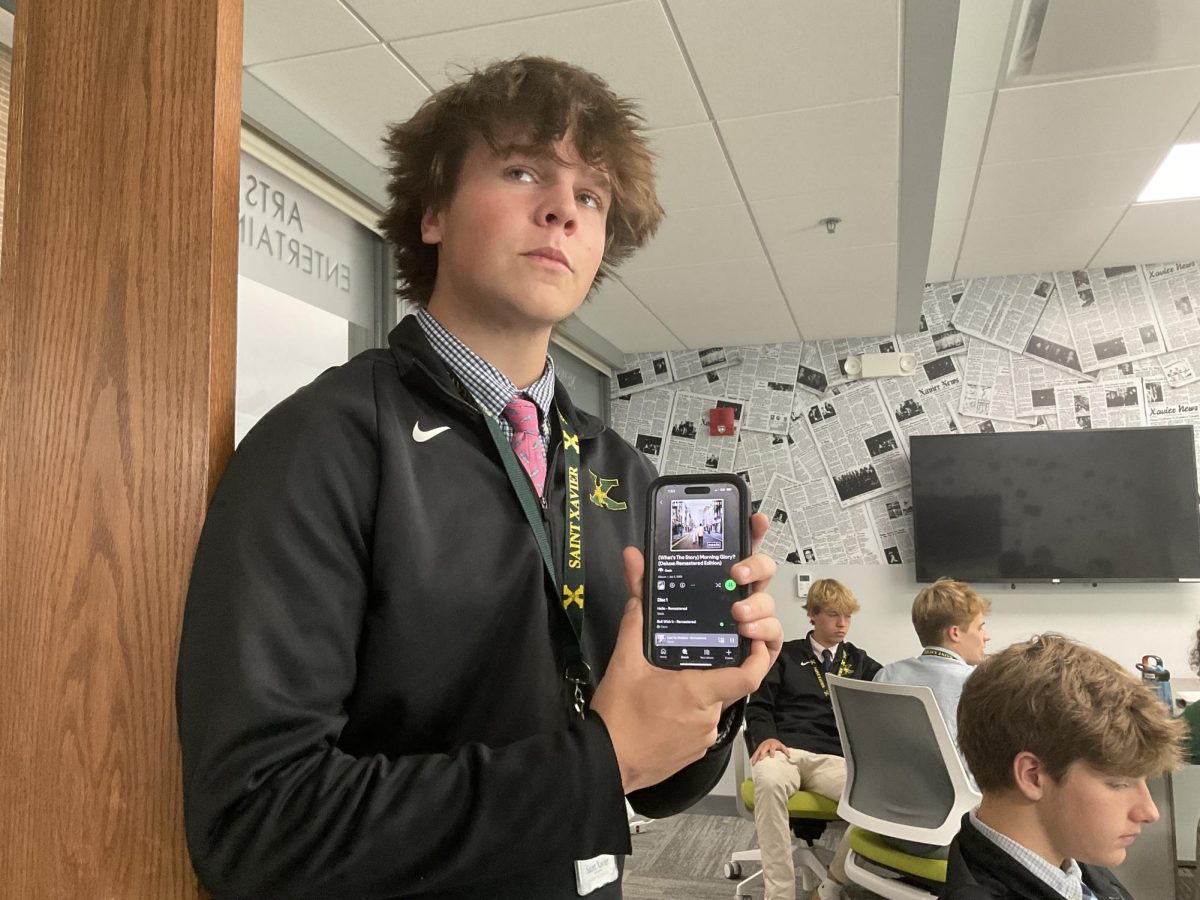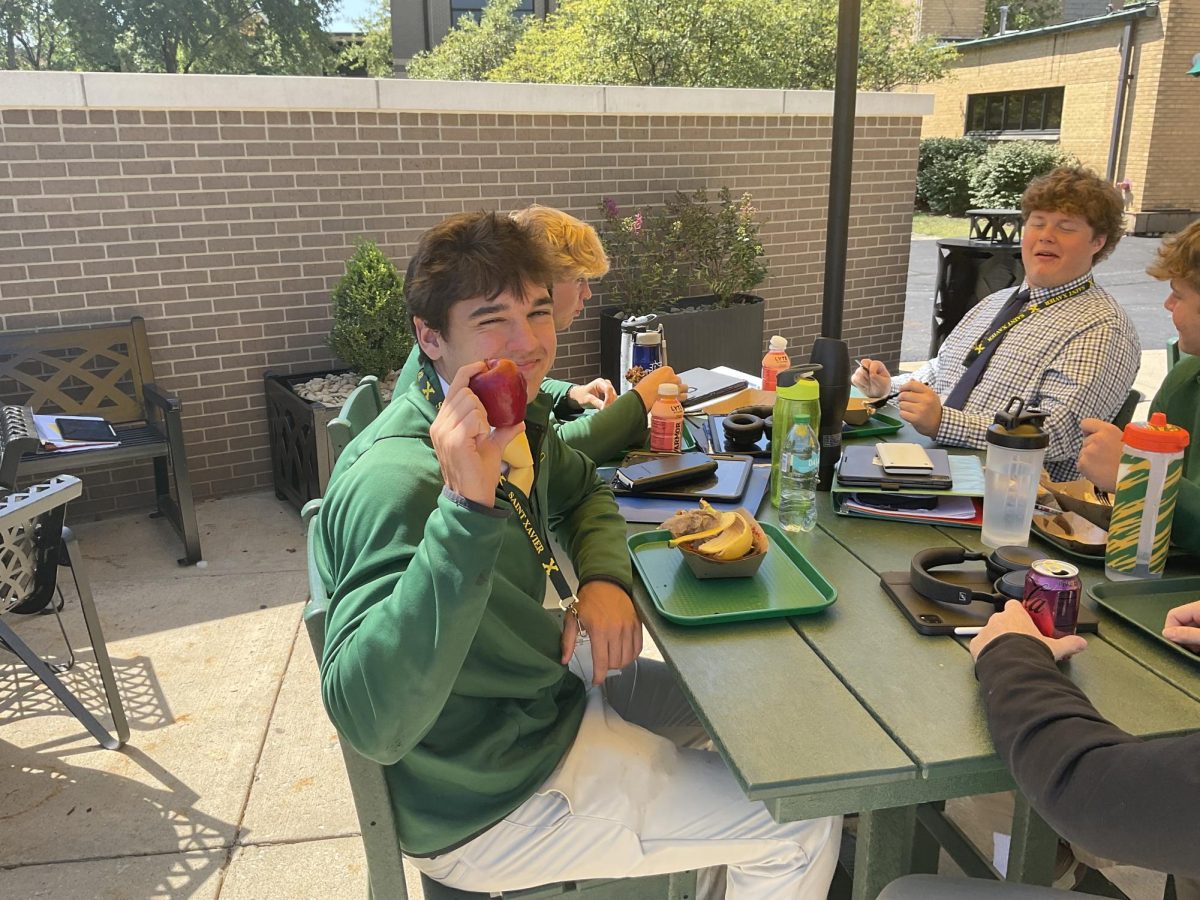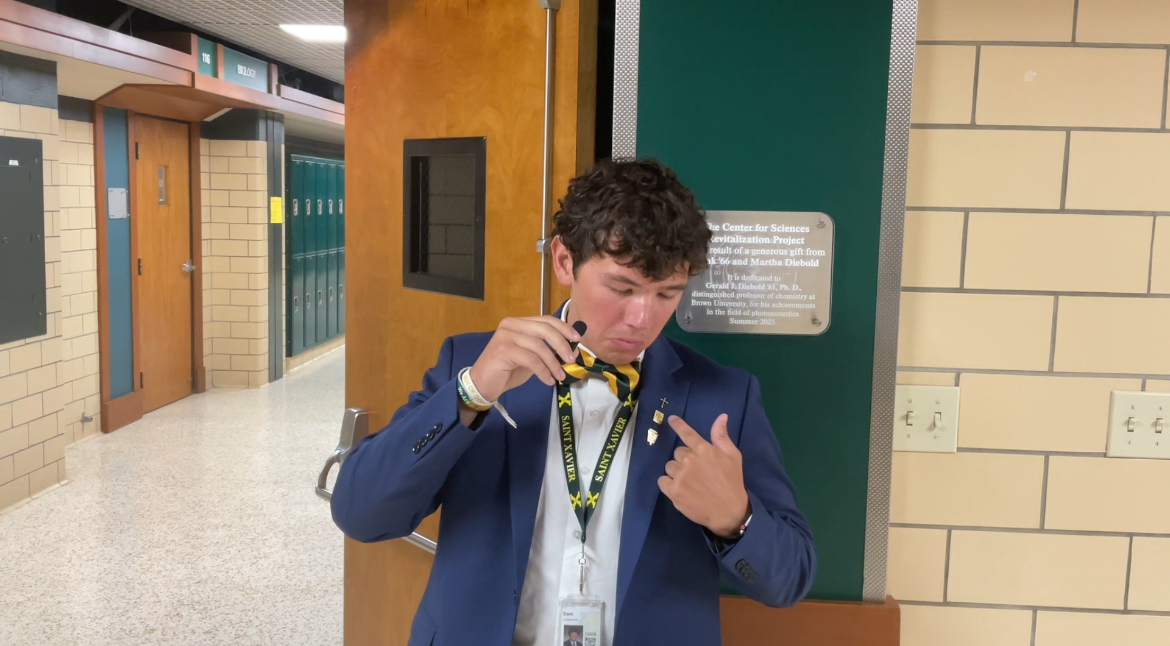Love, specifically how one expresses it, has been on my mind recently. I’m not talking about romantic love, the kind one finds in soap operas or Shakespeare plays, but real love — everyday love. The love that manifests itself by waking up at 6:15 every morning to go to a school miles away when there is a different school just down the street. The type of love that makes one listen to the same artist, over and over again, not because of any personal connection, but because they feel love in the arrangement of bass, drums, and guitar.
This everyday love is the most common, ordinary form, one that frequently is overlooked. It is rare that one finds themself so infatuated with something as to die for it (Romeo and Juliet) or even to a less extreme degree, like driving to California for a woman (Good Will Hunting). It is, however, common, even routine, to love something enough to smile at its mention. When one’s ears perk up at the mention of their favorite artist or at the whiff of their favorite restaurant’s food – that is love. What may be the even stronger form of love, the form of love most kept secret, is the love that is dispersed in shaming one’s alarm.
The love present in the hate thrown at an alarm clock when it doesn’t work is of much interest to me. When one cusses out their alarm because it didn’t go off at its designated time, or even if it did go off but not with enough vigor to awake its intended recipient, there is so much love in the air. What that person is really saying is, “Alarm clock, you are so integral to my daily functioning that without you my whole way of being is astronomically affected.” In turn, through the cussing out and disparaging of alarms that surely takes place across the city at every moment, the deepest form of love is being expressed.
Some love, however, is never even expressed through hate. Some love, probably most love, goes unnoticed completely. When I love a song, I will listen to that song habitually for two or three days, then I get bored. The guitar seems monotonous, unimpressive. The singing is mundane, unrevolutionary. The lyrics are cliché, not of interest. The accompaniment is better off, in my opinion, being literally anywhere else. My love, which was so overwhelming only three days prior, so much so that I probably sent the song to five or six unwanting recipients, has suddenly disappeared and become a form of distaste. What happened? How did it happen? Why do I let this continue to happen?
I repeatedly ask myself those questions and generally come to one conclusion: My love was used. Typically, love being “used” has a bad connotation, but not in this context. Here, my love being used is a good, necessary thing because where else would it go? I used to protect myself from this love expenditure by scarcely listening to my favorite songs – prolonging the inevitable fall from grace. But, when I did that, I didn’t love those songs. Not really, at least. I loved them only so much as I loved the concept of loving them. I relished every opportunity to listen to them, and in never giving myself that opportunity, I never realized my love.
I had, and sometimes still have, the idea that if I extend the honeymoon period long enough, my love will never end. But that means my love never exists in its entirety. So, whenever I get the idea that I ought to prolong my love, or my enjoyment of my love, I must remind myself that this is a terrible idea. The beauty of love is that we get to use it. Yes, love will fade, but that’s the only reason it ever really exists. I’ll avoid diving headfirst into the cliché by simply citing Jason Isbell’s “If We Were Vampires”, and leaving it there.
Love is so often hyped up as an untouchable thing. “I love you” are words that ought to be saved for a deep stage in a relationship. I disagree. On the contrary, “I love you” are words integral to the beginning of a relationship because truth is integral to the beginning of a relationship, and the words “I love you” are the truth.
Love is not impossible to find. Love is not a far off concept, but instead the most basic and innate human function. We are all so filled with love, just sometimes too afraid to let it show. So, unabashedly listen to your favorite songs thirty times in a week, and if that love disappears, who cares? It was there at one point. It will be there again.
Jason Isbell says, “Pretty soon you’ll remember when you could remember when you loved someone.” Push that “pretty soon” back as far as you can by relentlessly loving everything across which you come. And verbalize that love. “Moon, I love the way you shine so brightly on my late drives home, knowing I need a little pick me up.” “Sun, I love the way you replace the lovely moon with grace and elegance, letting the moon have its moment and then, quite literally, taking the spotlight.” Send letters to your favorite artists and tell them that you love their music. Truly, the opposite of love is indifference. Don’t be apathetic. Be full of love.




